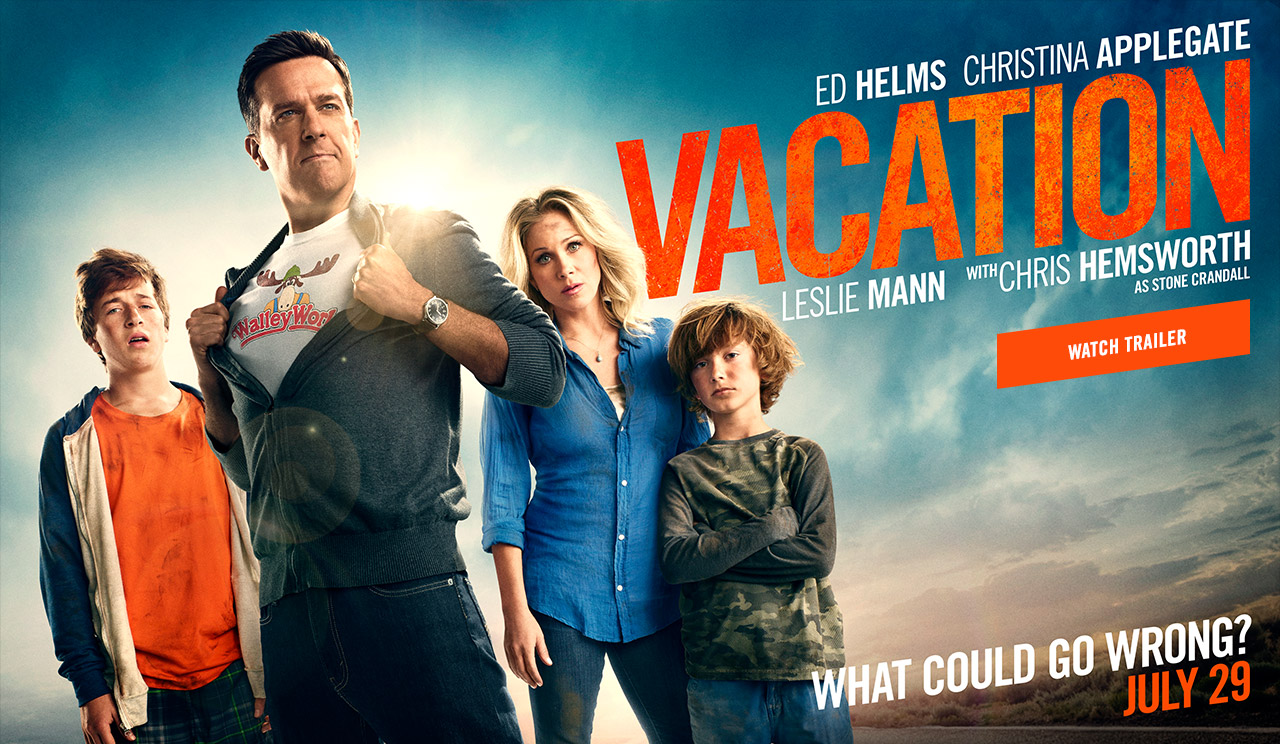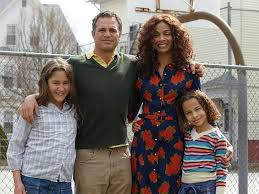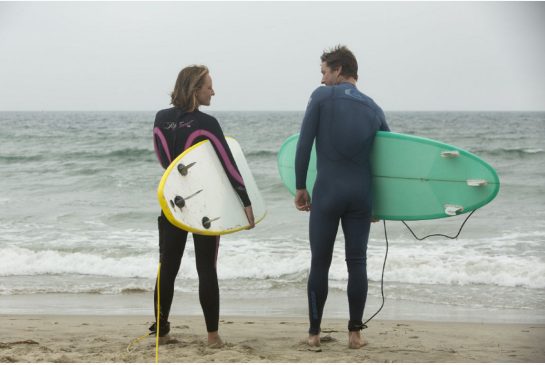Vacation
Posted on July 28, 2015 at 6:44 pm

I didn’t like the first one. I didn’t like the sequels. Keep that in mind when I tell you that I really did not like this latest in the gross-out, mean-spirited “Vacation” series, this time with the next generation going on another car trip to Wally World. You know how kids survive long car trips with earphones and DVD players? That’s what I wished I had to help me survive this movie. I even took extra time making my notes to have an excuse to look down at my notebook instead of looking at the screen. This is a movie that finds — or tries to find — humor in mistaking a sewage facility for a natural hot springs (with extended scenes of the cast spreading the “mud” all over themselves), sibling abuse, attempted suicide, a person and an animal in separate instances getting slammed by vehicles, excruciating humiliation, suspected pedophilia, and a misunderstanding of the term “rim job.”
Ed Helms plays Rusty Griswold. He bears no resemblance to the Anthony Michael Hall, who played him in the first film, or the young actors who played the character in the sequels. But Russ bears no resemblance to the character of the earlier movies, either. This Rusty is a genial bumbler who loves his family and works as a pilot for an airline. He and his wife Debbie (Christina Applegate) have two sons. The little one, Kevin (Steele Stebbins), bullies the big one (Skyler Gisondo as James) with constant insults, attacking his manhood, personality, and overall right to exist on the planet.
Russ decides that what the family needs is some bonding time, like on that car trip to the Walley World theme park he somehow remembers very fondly from his childhood. He rents a bright blue car called a Tartan Prancer, which he describes as “The Honda of Albania.” He has no idea what most of the buttons on the car do, but that means we all get to find out together.
The family swings by to visit Rusty’s sister Audrey (Leslie Mann), who is married to a guy who looks like a Norse god, because he is played by Thor himself, Chris Hemsworth. He is a TV weatherman named Stone and he is rancher who intimidates Rusty by being handsome, muscular, wealthy, and good at everything, including being a loving husband, if you don’t count his preventing his wife from having a job outside the home. Oh, and as we and Rusty and Debbie get to see in detail (graphic detail at the end of the movie), he is exceptionally generously endowed and feels very, very good about it. And this is — really — the highlight of the movie.
Hemsworth and Applegate both rise above the material, but the material is below sea level, so that is not saying much.
Parents should know that this movie includes very strong and crude language, very explicit sexual references and some situations, graphic nudity, disturbing scenes, comic mayhem involving people and animals, attempted suicide, apparent vehicular homicide (portrayed as funny), and a lot of bad behavior (portrayed as funny).
Family discussion: What was your family’s best road trip? What road trip would you like to take?
If you like this, try: the original “National Lampoon’s Vacation” and its sequels







